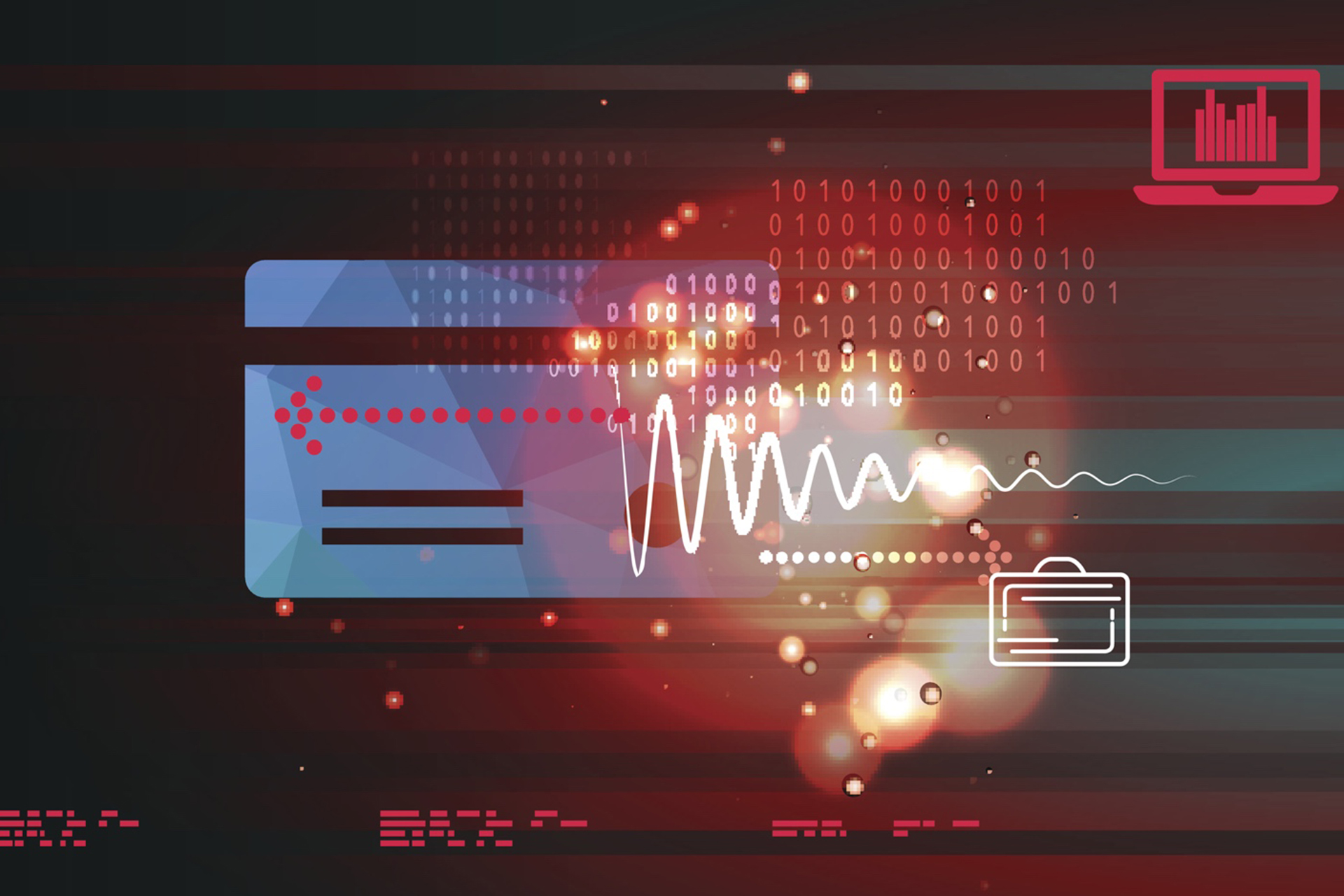- Home
- About
- Approach
- Services
- Crypto, Blockchain, DeFi, Web3 Security & Privacy Services
- Blockchain Security
- Crypto Security
- Cybersecurity
- Security Monitoring and Detection
- Threat Intelligence
- Privacy and Data Protection
- Private Smart Contract Audits
- Managed Public Smart Contract Audits
- Blockchain Protocol Audits
- CryptoCurrency Security Standard Audits (CCSSA)
- Cybersecurity Assessments
- PIA and DPIA
- Incident Response, Investigation, Recovery, Due Diligence
- Crypto Financial Crime Services
- Interim Crypto Executives
- Audits and Assessments
- Crypto Due Diligence
- Crypto Assets Risk Transfer
- Crypto Training
- Crypto, Blockchain, DeFi, Web3 Security & Privacy Services
- Insights
- Contact










 Beware of crypto recovery scammers falsely claiming ties with us. Learn
Beware of crypto recovery scammers falsely claiming ties with us. Learn